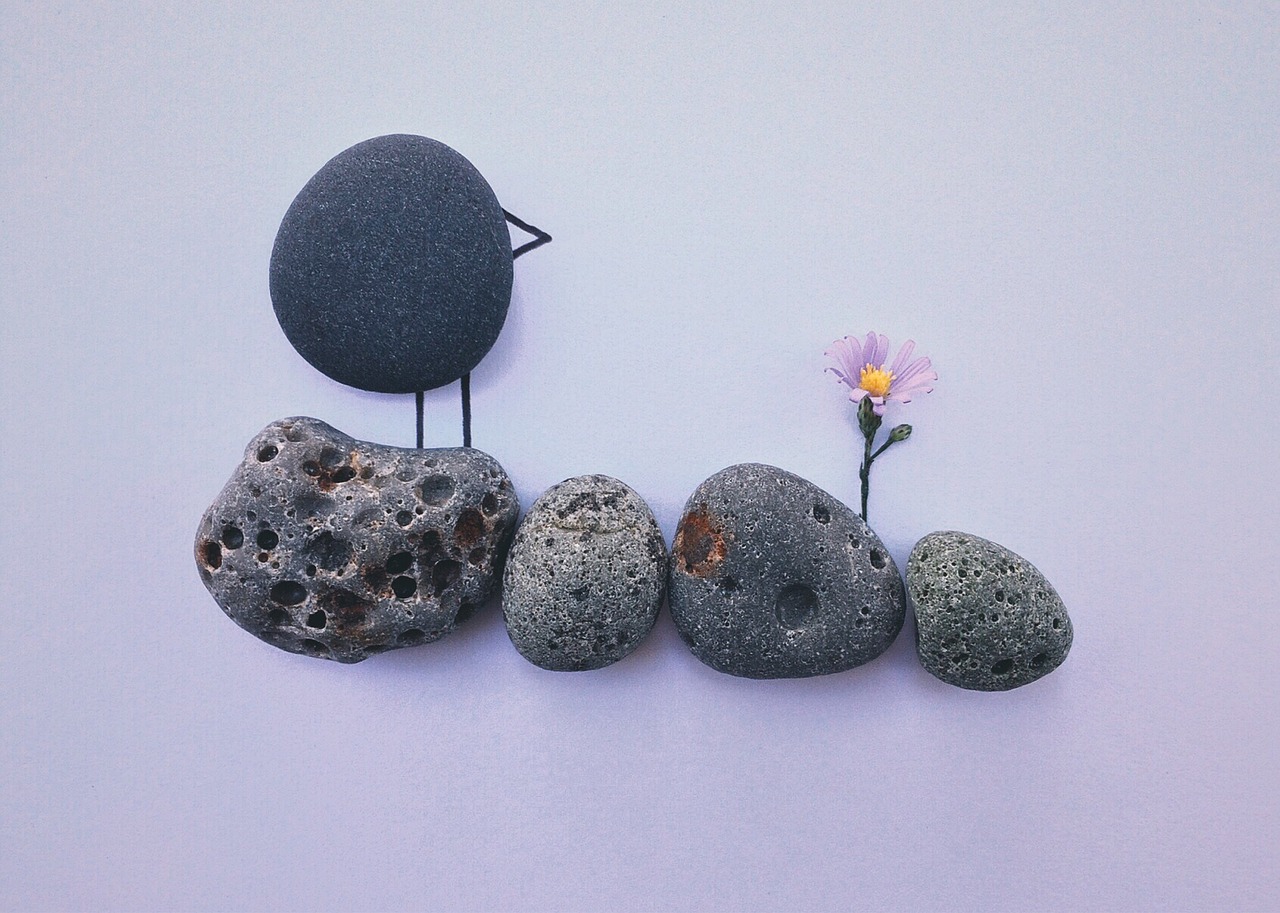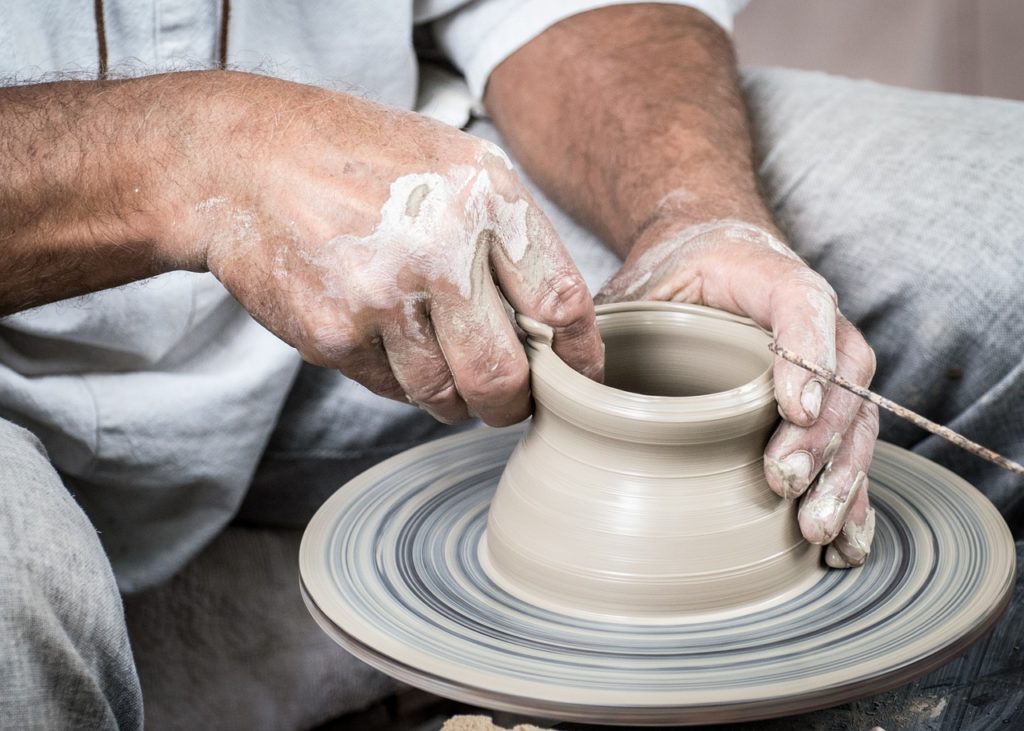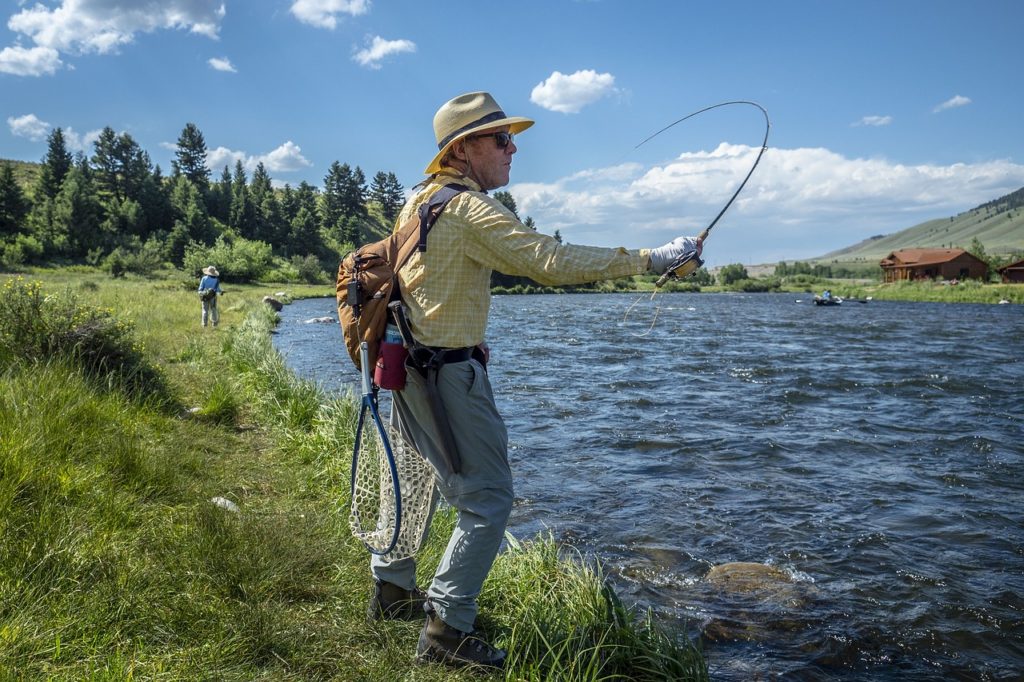Cathy Johnston tells us why it’s important to keep active in retirement …
Thinking back to those younger days, the opportunities to take part in activities, sports and clubs seemed almost endless. Perhaps you were star of the swimming team or champion of the chess club. Or you loved debating? There was something for everyone. However, no matter what your age, you should always be open to trying something new and challenging your mind.
Retirement is a time to relax. But what does relaxation mean to you? It doesn’t need to mean a quiet life spent alone. You can whatever you love and get back to yourself. This newly-found free time can – and should – be used both productively, and in a way that improves your health and happiness. Recent research has found that older adults who volunteered as tutors had improved memory compared to other groups they monitored, showing that it’s really important to keep your brain, as well as your body, active.
With the science to prove it, it seems there’s no downside to being open-minded and trying new activities and experiences in retirement. After all, you’re never too old to make new friends or discover a brilliant new talent!
A Few Ways to Challenge Your Mind & Keep Active in Retirement
Get Creative
They say that variety is the spice of life – well, this is still true during retirement. In fact, this phase of your life gives you the luxury of free time, which you previously would have been spending working or looking after children.
Whether it’s an arts and crafts class, a knitting afternoon or even finding a quiet time to paint on your own see what options are available near you. Also, don’t forget that trying something new can range all the way from taking a different route on your morning walk, to learning a new skill which you never previously had the time for. Each challenges your mind through deviating from your normal routine and could lead to the discovery of a beautiful view or a hidden talent. If you never try, then you’ll never know!
Keep on Moving
Keeping your body active can seem a daunting task for some as we get older – our mobility is often not as it used to be! But taking part in a form of physical activity remains as important as ever. Exercise has ample health benefits including lowering blood pressure and reducing the odds of heart disease, strokes and diabetes. It also contributes towards a healthy mental functioning through changing the brain in ways that protect memory and thinking skills.
These same health benefits can also be achieved through activities which you may not have previously considered. Joining a choir is a fun way to get the blood pumping, through warming up those vocal chords. Yoga is also a great example of a low-intensity, highly beneficial activity.
Tai Chi trainer, Morag McDade, finds that retirees love taking part in her weekly seated Tai Chi classes. The gentle, flowing nature of the exercise helps keep your body active in a way which you are comfortable with. It also has significant physical health benefits, including improving your mobility, flexibility, circulation, balance and pain management, as well as clearing your mind of any niggling worries or hassles.
Get Competitive
Workouts aren’t just for the body, but for the brain as well. Why not spend some time playing a board game, card game or quiz with neighbours and friends? The mental stimulation of these kinds of activities keeps your mind alert. You have to think on the spot, come up with strategies to win, or work well in a partnership or team!
The best thing about this activity, apart from keeping your mind sharp, is that it can be done either with friends and family, or by yourself. Activities such as completing the crossword in the newspaper or playing a game of solitaire, have numerous benefits. Of course, some friendly competition is also a great way to develop new friendships. This is probably why Bridge and Scrabble Clubs are popular with older people.
Stay Social
Remaining social in retirement can be found in all of the above but it deserves a mention of its own for sheer importance.
It can be disconcerting to lose the camaraderie and social stimulation which a work environment provides. To ensure that your mind stays engaged and active, fill your calendar with plenty of social engagements.
Meeting an old friend for tea, joining a new club or even just having a chat with a stranger, are all great ways to stay busy during retirement. The importance of building and maintaining friendships as you grow older can never be overestimated.
So stay sociable and keep active in retirement! Remember – you’re never too old to try something new!
By Cathy Johnston, senior community living advisor at MHA Auchlochan Retirement Village







